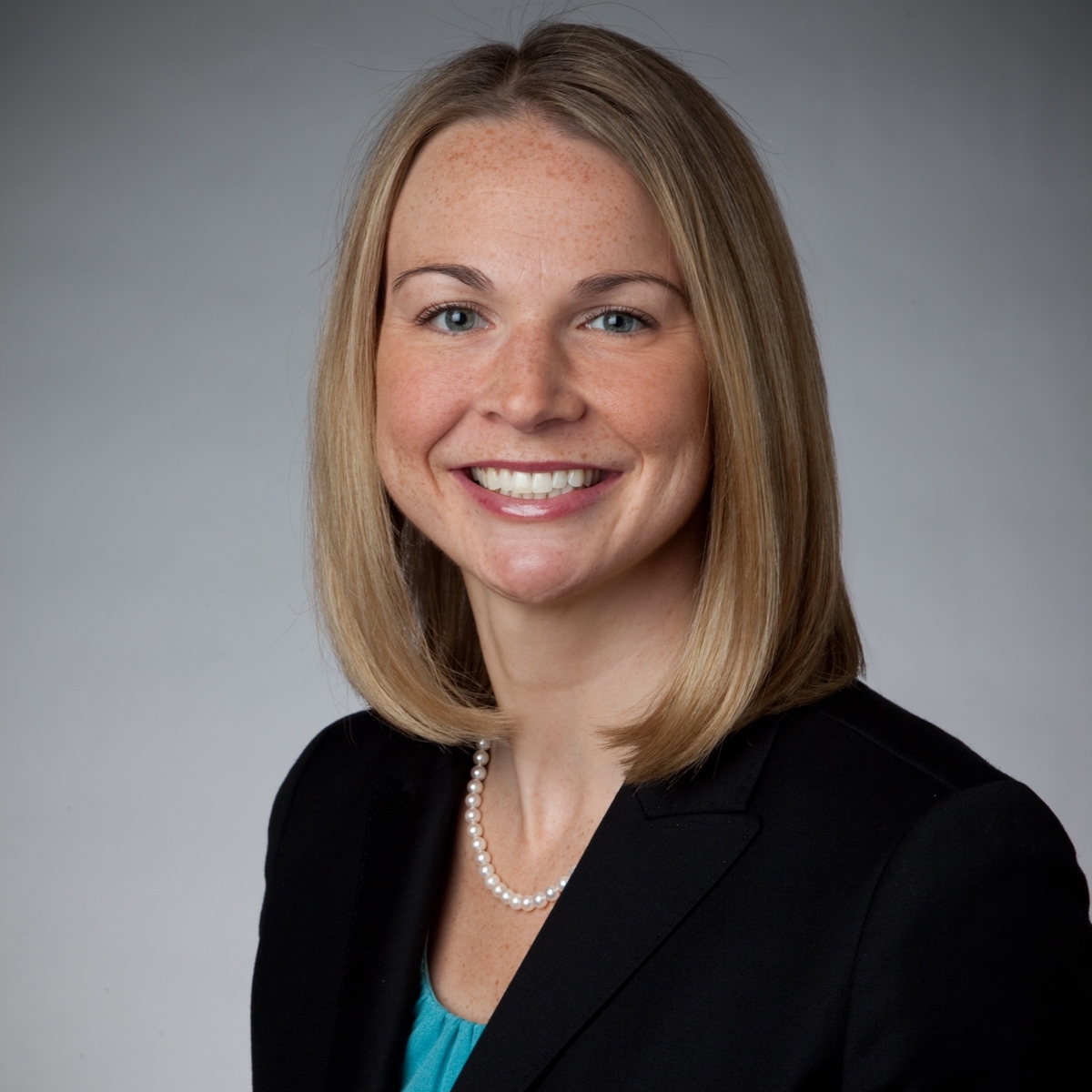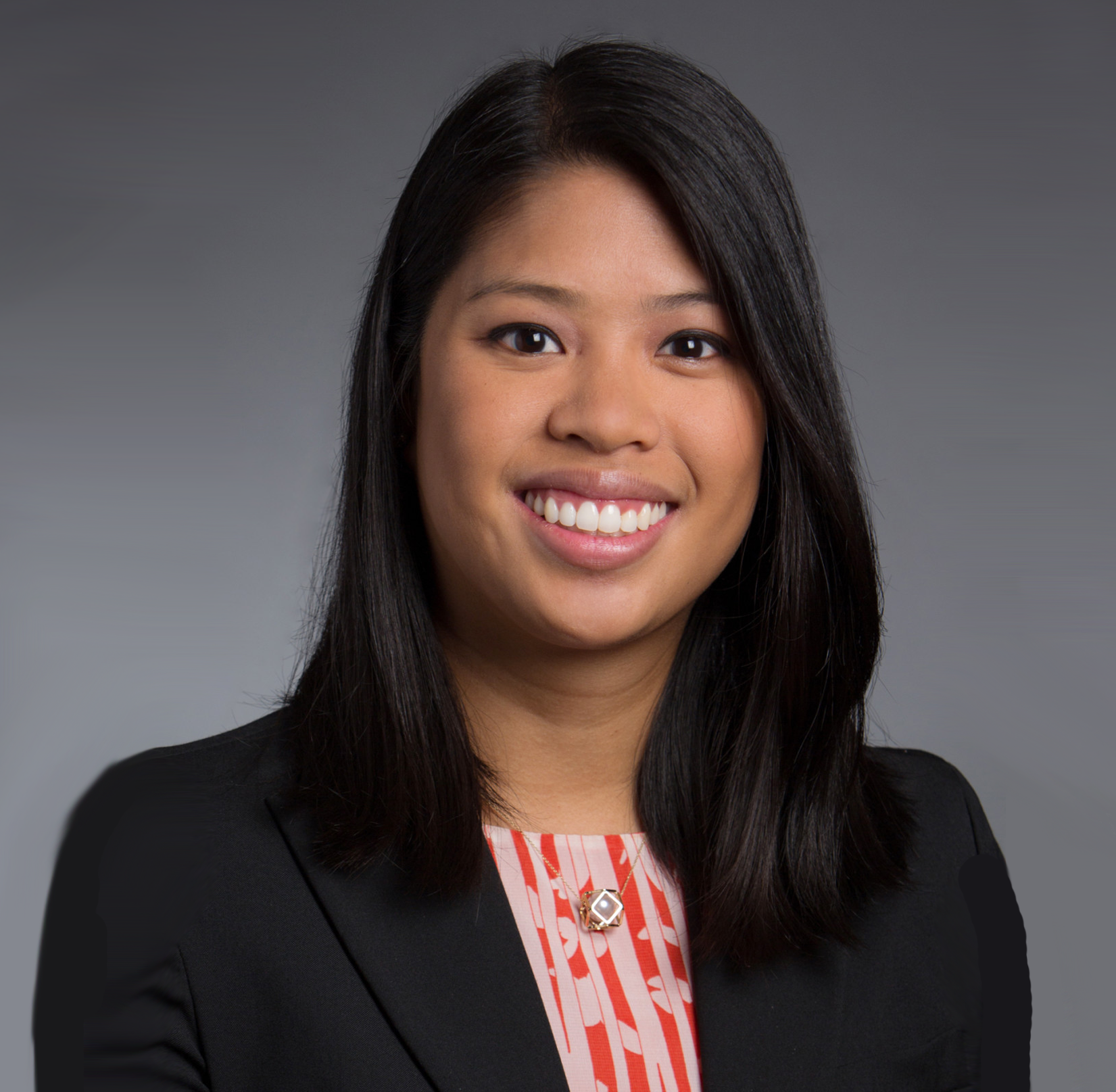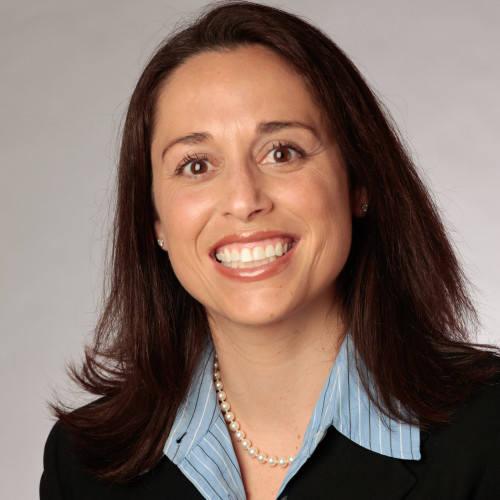Update: ISBE released a revised FAQ in September 2021. This article has been updated to reflect changes in the FAQ.
On July 28, 2021, Governor Pritzker signed House Bill 40 (“HB 40”) into law as Public Act 102-0172 and House Bill 2748 (“HB 2748”) into law as Public Act 102-0173. The two bills, both effective immediately, extend transition services for eligible students based on when they turned 22 years old. Previously, transition services for eligible students went through age 21, ending the day before the student’s 22nd birthday, regardless of when that date fell during the school year. ISBE issued an FAQ, which has been updated, to address questions on implementing these new laws.
P.A. 102-0172 (HB 40)
P.A. 102-0172 amended Section 14-1.02 of the Illinois School Code, extending a student’s eligibility for educational services to the end of the regular school year for students whose 22nd birthday falls during the school year. The ISBE FAQ clarifies that “school year” means the regular school term specified in the regular school calendar adopted by the school district. Thus, this change does not extend services when the student’s birthday falls before the beginning of the school year, during summer school, or the Extended School Year (“ESY”) period.
ISBE-approved educational-only nonpublic special education private facilities located in Illinois will be approved to serve students with disabilities who turn 22 years old for the remainder of the regular school year. However, only residential facilities in Illinois or combination facilities that meet licensing requirements to serve students with disabilities who turn 22 years old during the regular school term will be available for ISBE approval. For out-of-state facilities, age ranges to be served are determined by those states. School districts will need to determine whether a nonpublic special education private facility meets the age range requirements and plan for a student to transition to a new placement, if necessary, before the student’s 22nd birthday.
In the FAQ, ISBE states that this new amendment does not impact personnel licensure. Additionally, age range group requirements (six years at the secondary level) remain in effect; therefore, school districts, nonpublic therapeutic day schools, and residential facilities must submit an age range deviation waiver to ISBE for approval.
This amendment creates significant challenges for how school districts will pay for transition services extended to eligible students after age 21. Federal IDEA funding is limited to students inclusive of age 21 and cannot be used to provide transition services to eligible students beyond the age of 21. Also, because room and board reimbursement and excess cost reimbursement are tied to IDEA, they are not available after the student turns 22 years old. Transportation reimbursement will be available, as well as reimbursement for tuition for students at private schools, public out-of-state schools, public school residential facilities, and private special education facilities.
P.A. 102-0173 (HB 2748)
P.A. 102-0173 added Section 14-17 to the Illinois School Code, extending access to educational services for certain students who turned 22 years old during periods of suspended in-person instruction due to the COVID-19 pandemic for the duration of the 2021-2022 school year. This new section is fashioned as “COVID-19 recovery eligibility” for post-secondary transition students.
School districts must send notice of the availability of extended services to each eligible student by regular mail sent to the last known address of the student or the student’s parent/guardian within 30 days of the effective date of the Act, by August 27, 2021. School districts should keep copies of the notice and a record of the date when it was sent. School districts may choose to include in the notice that a failure to respond will be deemed a refusal of services. Although ISBE recommends school districts give a response period in the notice (a minimum of 30 days is recommended), a response period is not required by law. Notices should be written in a language understandable to the general public and provided in the native language of the student and/or parent/guardian or other modes of communication used by the student and/or parent/guardian, unless not feasible.
Students with IEPs are eligible for extended services if the student reached “the age of 22 during the time in which the student’s in-person instruction, services, or activities are suspended for a period of 3 months or more during the school year as a result of the COVID-19 pandemic.” 105 ILCS 5/14-17(a). Per the ISBE FAQ, it applies to students regardless of whether they aged out or received a diploma or certificate of completion, or already received compensatory services. It does not apply if the student is no longer a resident of the school district that was responsible for the student’s IEP at the time the student turned 22 years old.
The ISBE FAQ clarifies that “3 months or more during the school year” means three consecutive calendar months. School year is the regular school term specified in the regular school calendar adopted by the school district. It does not include summer school or the ESY period. Act of God days (e.g., days by the Governor’s Executive Order at the onset of the pandemic) count for determining the three-month period. In its updated FAQ, ISBE states that “[i]n circumstances where there were not three consecutive months of suspension of in-person instruction, services, or activities, but the cumulative suspension of in-person instruction in a regular school term far exceeded three months, districts should make an individual determination as to the impact on the student’s ability to progress toward his/her IEP goals and the need to offer the student the opportunity to return for the 2021-22 school year.”
The ISBE FAQ also clarifies that if a student’s birthday was not during the three-month period (or more) when in-person instruction, services, or activities were suspended during the regular school term, then the student is not entitled to extended services under this Act. Also, if a school district did not undergo a full three-month period or more of suspended in-person instruction, services, or activities prior to a summer recess, then a student turning 22 years old during the summer recess is not entitled to services.
The updated ISBE FAQ explains that “[t]he above determination was meant to ensure that students who turned 22 while their in-person instruction was disrupted would be eligible to return for the 2021-22 school year. However, individual determinations for eligibility may be required when evidence shows that a student had their in-person instruction suspended for three or more months prior to the student becoming age 22 during the time of the pandemic. The intent of the Act is to ensure that any student whose education was impacted by the pandemic prior to aging out, graduating, or receiving a certificate of completion due to turning age 22 is provided the opportunity to receive recovery services during the 2021-22 school year.”
Importantly, the ISBE FAQ states that if a school district can identify any component of a student’s in-person, IEP-based activities (including instruction and services) that were not provided in-person for a consecutive three month period or more, then the student is eligible for extended services. The Act does not contemplate if services were provided through remote or hybrid means; thus, if a school district did not provide a service in-person, then the student is eligible for extended services for the 2021-2022 school year. But, if the school district offered services in-person and in accordance with the student’s IEP, and the parent/guardian or student elected remote or hybrid learning in place of available in-person services, then the school district is not required to extend eligibility for that student.
Changes in the location of services, such as vocational experiences in the community, do not constitute a suspension of in-person services so long as comparable services were provided in-person and in accordance with the student’s IEP. Also, interruption of extracurricular activities does not constitute a suspension of in-person services, unless such activities were provided under the student’s IEP.
Students who are eligible for extended services are to receive them through the end of the regular 2021-2022 school year. The IEP goals in effect when the student turned 22 years old shall be resumed unless the school district and student and/or parent/guardian agree that the goals should be revised to appropriately meet the student’s current transition needs. An IEP meeting is not required unless the goals require revision. Additionally, special education services during the 2021-2022 school year should be comparable to services described on the most recent IEP developed for in-person services, unless the school district and student and/or parent/guardian agree upon different IEP goals that would impact services. Services and activities that are not listed as special education services in the student’s IEP do not have to be provided; however, ISBE recommends that as an enrolled student in the school district, the student should have access to the same services and activities as general education students, if appropriate. The ISBE FAQ states that reevaluations are not required for students with an IEP who receive an extension of services up to the end of the regular 2021-2022 school year.
Services per the student’s IEP should commence at the beginning of the 2021-2022 school year following re-enrollment of the student into the school district after receipt of the required notification. School districts should follow regular enrollment procedures. (The ISBE FAQ gives direction on how to enter the students in I-STAR and how the students are “counted.”) If a parent declines in-person services or requests remote learning for an eligible student for extended services for the 2021-2022 school year and the school district fulfilled the notification requirement, ISBE directs that the school district has no further obligation to provide services to the student.
For students who turned 22 years old while placed in private therapeutic day schools or residential facilities, “the school district is not required to resume that program for the student if the student has aged out of the program or the funding for supporting the student’s placement in the facility is no longer available.” 105 ILCS 5/14-17(d). ISBE directs that the school district and student and/or parent/guardian meet to determine options for alternative services to meet the student’s IEP goals.
ISBE recommends that school districts provide FAPE to students; however, the services provided under this Act do not confer due process rights for a parent/guardian or student. Instead, in its updated FAQ, ISBE advises that a parent/guardian or student should request a meeting with the school district to discuss their concerns. If further concerns persist and the parent/guardian or student believes that the school district violated the Act, they may submit a complaint pursuant to the ISBE special education complaint process.
Like the other new provision extending transition services for eligible students, funding for services under this Act will be challenging for school districts. Eligible students are not entitled to State special education reimbursement, and federal IDEA Part B funds cannot be used, including IDEA Part B funds provided under the American Rescue Plan. School districts may use state Evidence Based Funding (“EBF”) and other local funding sources to pay for services. School districts also may be able to use ESSER and GEER funds consistent with the U.S. Department of Education’s May 2021 Frequently Asked Questions on ESSER and GEER.
Finally, for students who have already transitioned to adult services or are on waitlists for adult services, ISBE encourages both school districts and parents/guardians or students to contact the local Illinois Department of Human Services Division of Rehabilitation Services (“DRS”) office, or other applicable State agency, to discuss how a return to school under this Act may impact any adult services or benefits the student is currently receiving.
For questions about the new laws extending transition services for special education students, please contact an attorney in our Students/Special Education practice group.
Sources:
Public Act 102-0172 (eff. July 28, 2021)
Public Act 102-0173 (eff. July 28, 2021)
ISBE Frequently Asked Questions: Public Act 102-0172 and Public Act 102-0173, Updated September 2021




